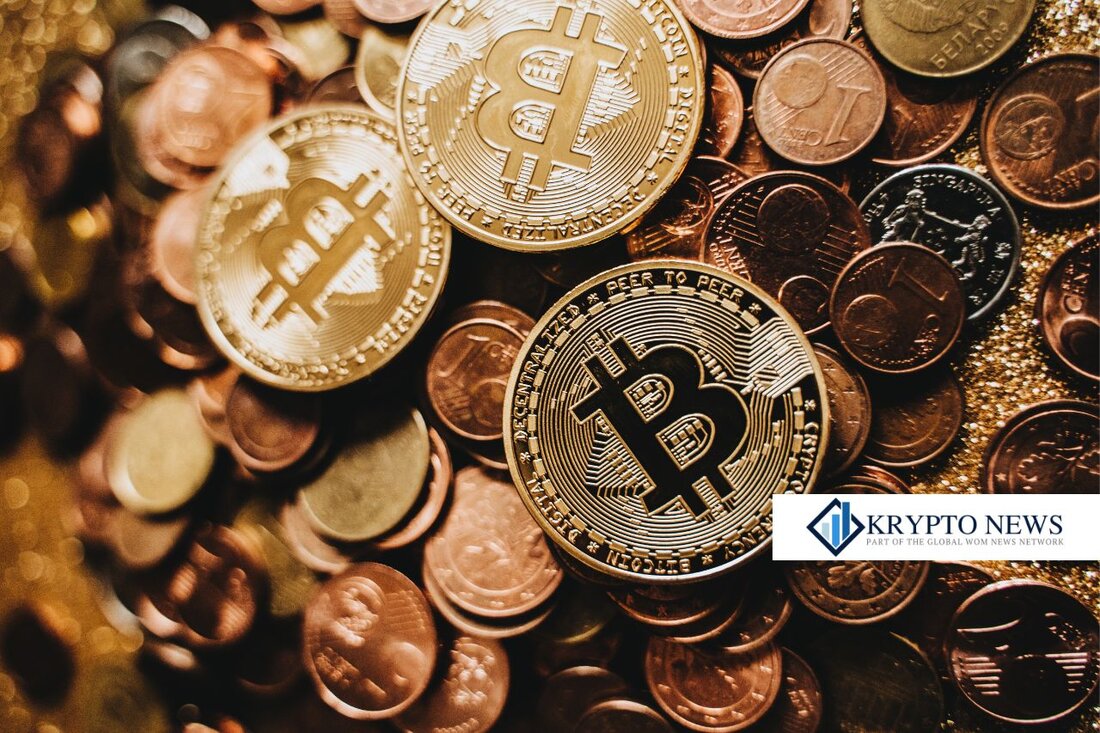Bank of England: Governor Andrew Bailey expresses doubts about the need for a digital pound for retail
The debate about the digital pound: Andrew Bailey and the future of retail the discussion about the introduction of a digital pound in Great Britain is becoming increasingly important. Andrew Bailey, the governor of the Bank of England, recently expressed concerns about the necessity and the potential advantages of such a digital means of payment. In his statements he clarifies ...

Bank of England: Governor Andrew Bailey expresses doubts about the need for a digital pound for retail
The debate about the digital pound: Andrew Bailey and the future of retail
The discussion about the introduction of a digital pound in Great Britain is becoming increasingly important. Andrew Bailey, the governor of the Bank of England, recently expressed concerns about the necessity and the potential advantages of such a digital means of payment. In his statements, he made it clear that he has not yet been convinced that a retail digital currency makes sense for the British economy.
Baileys' concerns relate to various aspects of implementing a digital pound. In addition to the technological challenges, the focus is on potential effects on the existing financial system and the privacy of users. Bailey calls for a comprehensive discussion about the actual advantages of a digital pound and questions whether it offers real added value compared to the traditional payment methods.
The introduction of a digital currency could potentially improve the efficiency of payments and promote innovative strength in the financial sector, but Bailey currently sees no convincing arguments that would justify these changes. Critics also warn that such a fundamental change in payment transactions could have far -reaching consequences, especially for smaller banks and financial institutions.
The debate about a digital pound is not only a national question, but also reflects global trends. Many countries are currently examining similar initiatives to counter the challenges of digitization and cryptoinnovations. Nevertheless, it remains to be seen how opinions within the Bank of England and the broader society will develop.
Overall, the digital pound remains a complex topic that requires careful analyzes and discussions before a well -founded decision can be made. Andrew Bailey's skeptical attitude underlines the need to comprehensively assess both the opportunities and the risks of such a currency reform.

 Suche
Suche
